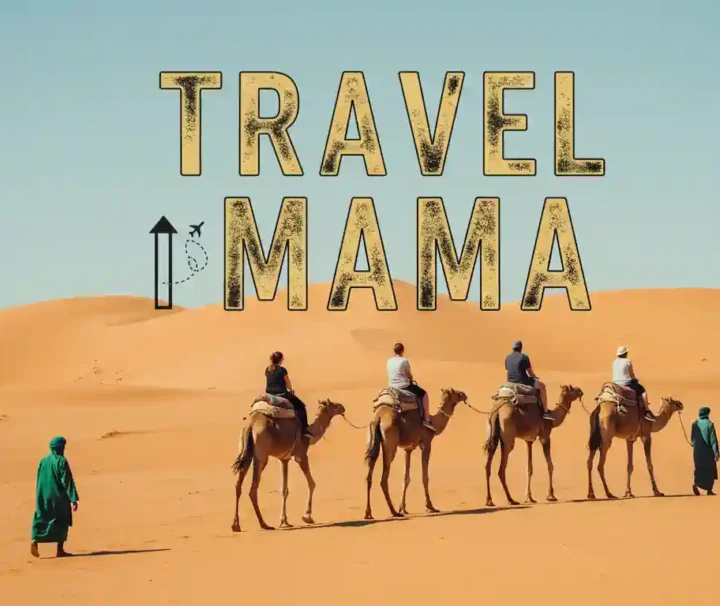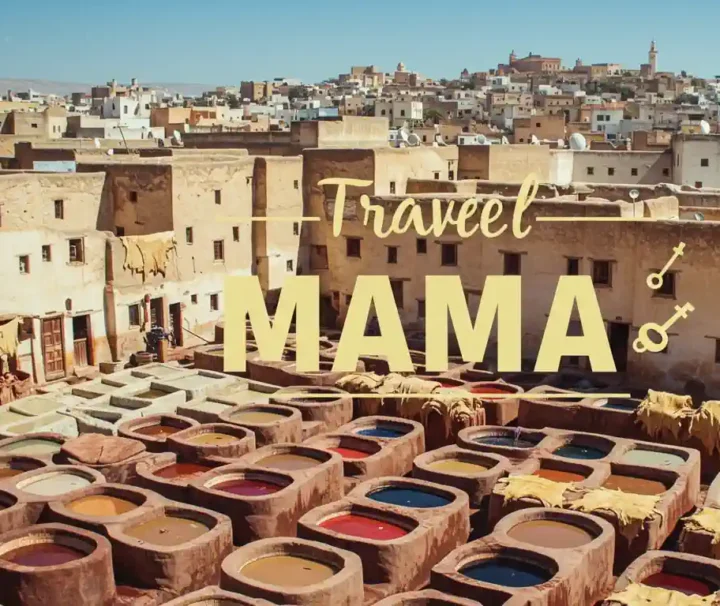Morocco travel facts
Size and location: Located on the northwest coast of Africa, Morocco is slightly smaller than France and Spain, and slightly larger than the US state of California at 446,550 square kilometres (722,550 sq km including the Western Sahara).
Population:37 million.
Religion: Nearly 99 percent of Moroccans are Muslim, with 1 percent Christian and a tiny minority (an estimated 6000 people) Jewish.
Languages: Arabic, Berber (Tarfit, Tamazight and Tashelhaït) and French are officially recognised languages. Spanish is still widely spoken in the north, and English is increasingly spoken by young people, especially in tourist areas.
Politics: Morocco gained independence from French and Spanish rule on March 2, 1956. The head of state is King Mohammed VI, who succeeded his father Hassan II on July 30, 1999. The government is chosen from an elected legislature and is currently run by Prime Minister Saadeddine Othmani of the moderate Islamist PJD (Party of Justice and Development). The main opposition parties are the Istiqlal (Independence) Party, Morocco’s oldest political group, and the RNI (National Rally of Independents).
Education: The literacy rate is 68.5 percent (78.6 percent for men, 58.8 percent for women).
Best time to go to Morocco
The best time to visit Morocco depends on your personal preferences, travel plans, and budget. Here is a detailed overview of the different seasons and what to expect during each one:
Spring (March to May): Spring is a great time to visit Morocco as the weather is warm and pleasant, with temperatures ranging from 60-80°F. The countryside is also in full bloom, making it a great time for outdoor activities and nature lovers.
Summer (June to August): Summer is the peak tourist season in Morocco, with temperatures reaching up to 100°F in some areas. While the weather can be hot, it's also a great time for beach activities and water sports.
Autumn (September to November): Autumn is a great time to visit Morocco as the weather is mild and comfortable, with temperatures in the 60-80°F range. It's also a great time to experience the country's traditional festivals and cultural events.
Winter (December to February): Winter can be cold in Morocco, with temperatures ranging from 40-60°F, and some areas experiencing rain. However, it's also a great time to visit the country's ski resorts and experience the winter landscape.









